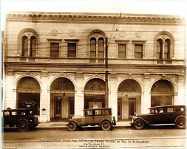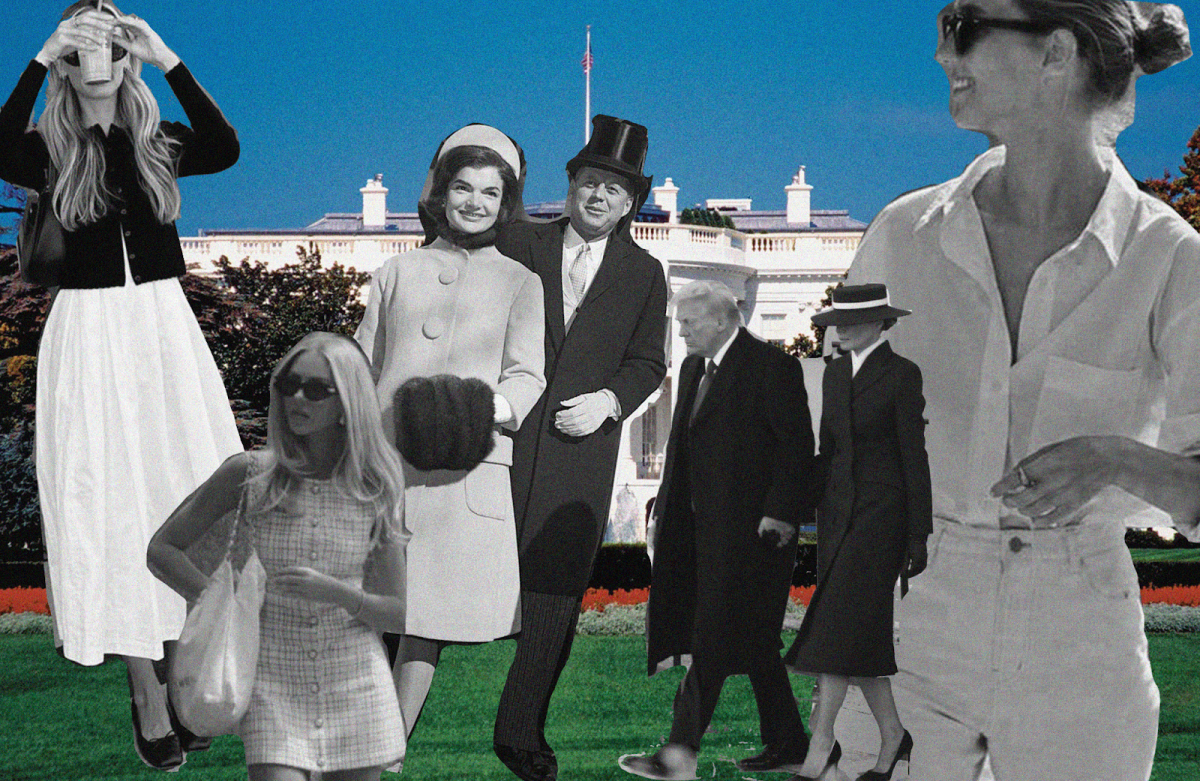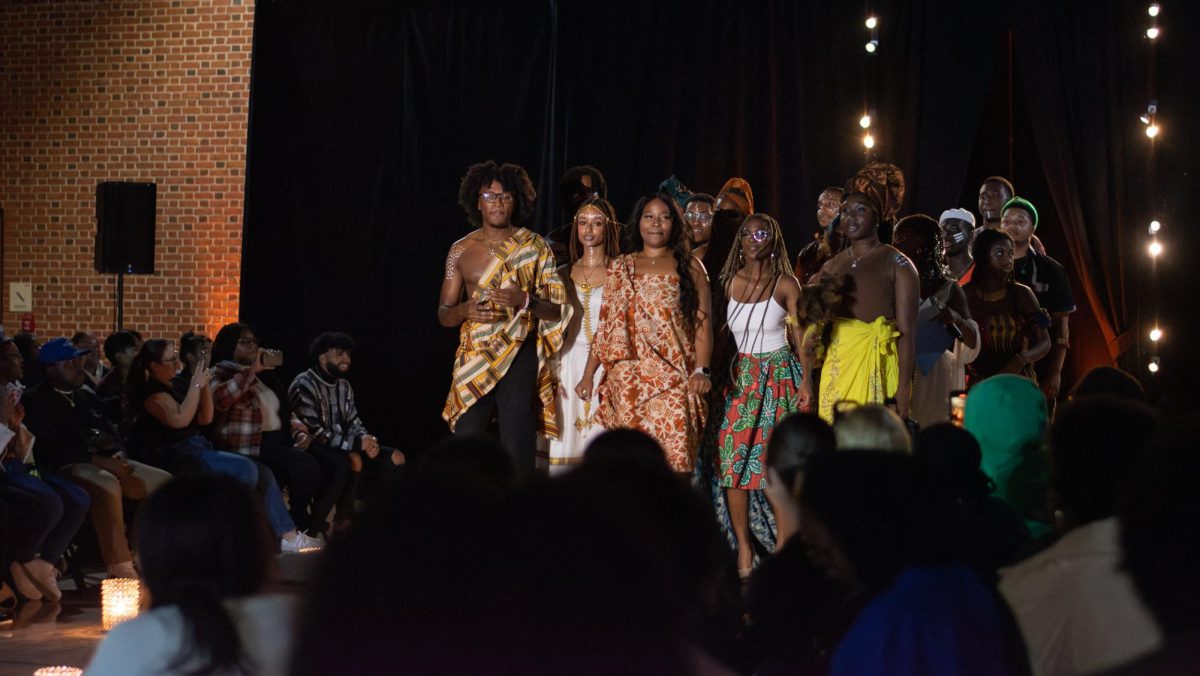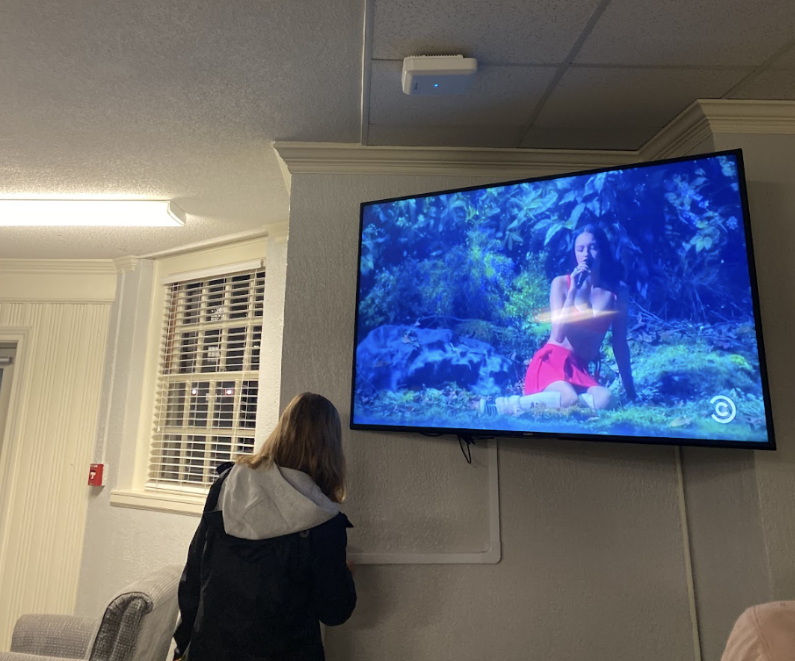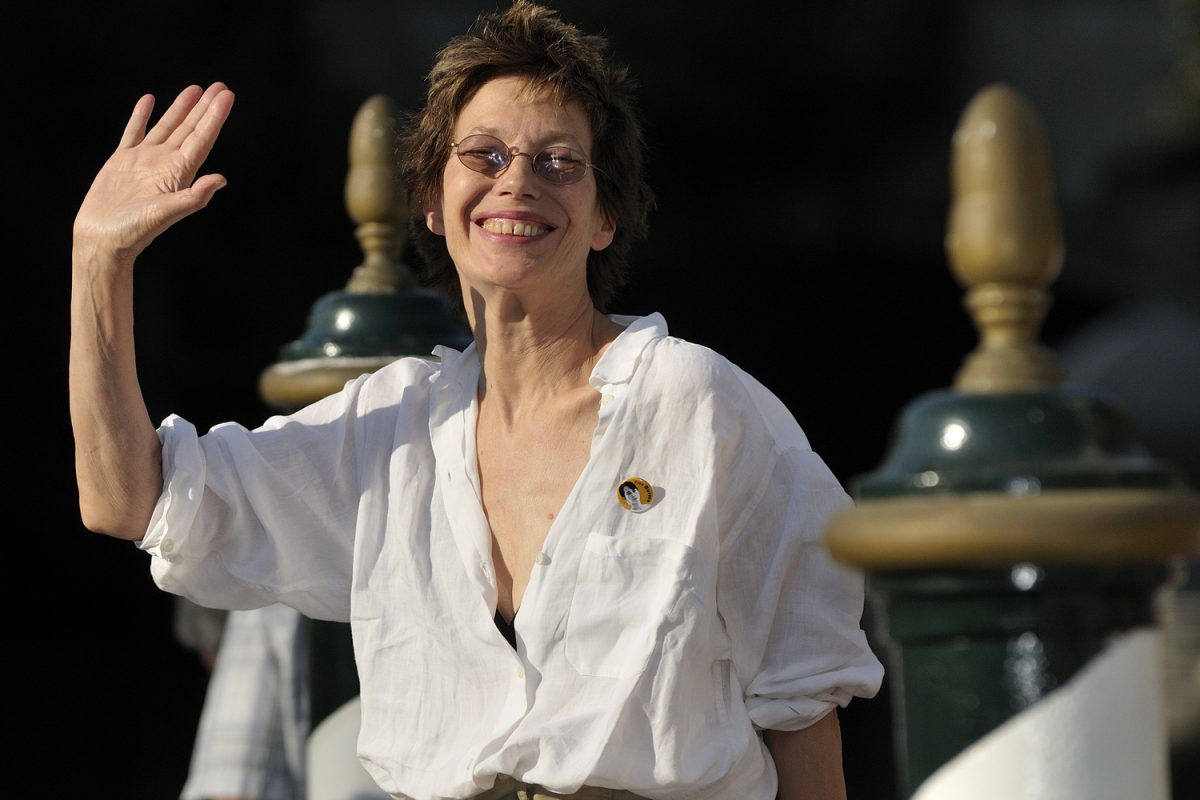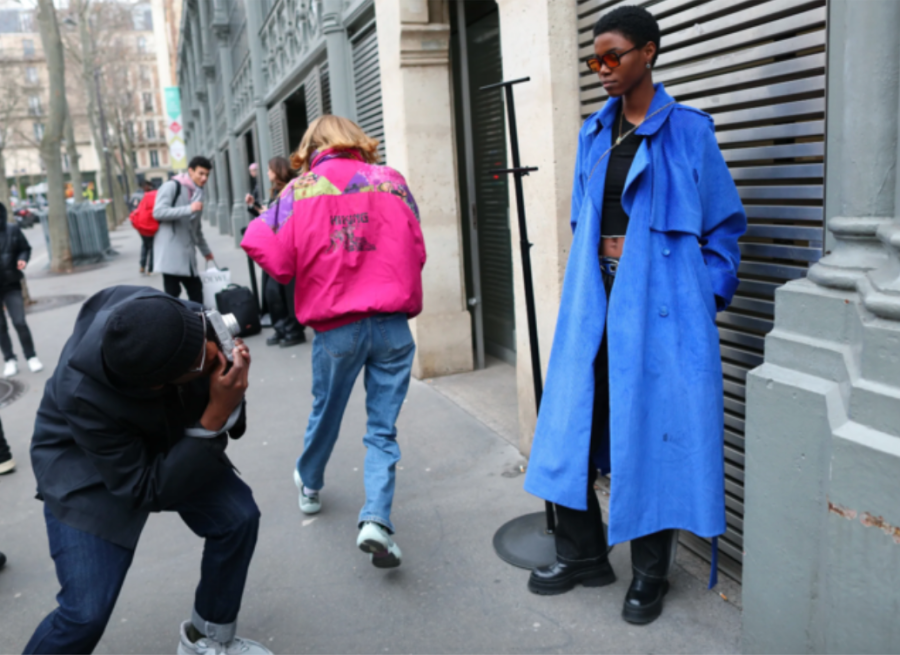Nestled inside a cowshed, instead of manure and bales of hay, a tiny and charming boutique has called it home since 1979. Hand sewn linens cover the walls and dainty carefully crafted children’s toys canvas the windowsills. The smell of fresh holly and spruce waft up from the candles lit around the store and the faint jingle of Bing Crosby’s “White Christmas” hums in the background.
Now envision the 1920s, when Winston-Salem was the wealthiest city on the East coast between Pennsylvania and Atlanta.
In the time of the booming tobacco industry, R.J. Reynolds Tobacco Company was the second largest tobacco company in the U.S., according to the R.J. Reynolds website. Winston-Salem was thriving and growing as a prosperous and powerful city on the East Coast.
The McCall family store has withheld the true test of time. It has been a staple for the Winston-Salem home-decorating and clothing market since 1925. The store has survived and flourished through many challenges including the Great Depression.
The store began when William McCall, a Lebanese immigrant, moved to Winston Salem and opened up a small shop inside the Robert E. Lee hotel downtown. The store soon blossomed and moved to a storefront in downtown Winston-Salem. During the 1920s to the 1940s the store survived the Great Depression and relocated to Spruce Street in downtown Winston-Salem while expanding its inventory to children’s clothes, gifts and accessories. Eventually in 1979, the McCall store moved to Reynolda Village, which was once part of the R.J. Reynolds estate. Finally the current owner, Sara-Peyton McCormick, acquired McCalls from Betty McCall, William McCall’s daughter, in 2014.
“Honestly, it’s a joy to own a store in Reynolda Village. The McCall family was lucky to find an atmosphere that is so quaint and simple just like their store was from the start,” said Sara-Peyton McCormick, the current owner of McCalls. “The Village consists of a bunch of small buildings which were repurposed. We have the cattle barn, the secretary’s cottage, the bookkeeper’s cottage and many more.”
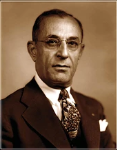
William McCall emigrated from Lebanon and moved from New York to Winston-Salem to open his clothing store (Photo courtesy of mccallsreynoldavillage.com)
McCalls was one of the first stores to join Reynolda Village, just after the Village was purchased by Wake Forest University from the R. J. Reynolds family.
“I guess we all survived,” remarked William McCall Jr., the 93-year-old son of William McCall Sr.. His voice is shaky and warped from years of talking to and diagnosing patients. Mr. McCall is an active physician who has been practicing for over 70 years. Fittingly, the phone call was brief because he needed to go into his clinic shortly after.
“There was actually a lot of development happening during the Great Depression in Winston,” McCall said. “For instance, the Graylyn and a lot of the other big houses that you see around town were built.”
The Great Depression is often regarded as a hushed secret to most who were not there to witness it themselves. Ms. McCormick revealed, “I’m not completely aware of the effect of the Great Depression, it’s one of those things that sort of died with them.”
When asked about the reason why people keep coming back to McCalls over the years, McCormick shared, “There’s a certain nostalgia associated with McCalls. A sort of reminiscing of the past and the sharing of experiences of happy memories.”
McCalls has been a fundamental part of Winston-Salem’s history and has been a legacy for almost a century.
“We get a lot of customers who remember going to the downtown location with their Moms and Grandmas in the 1960s.”
Although the location has changed, the atmosphere of McCalls has stayed relatively the same since the 1920s. Preciously guarded in the back of the store, they still have a few of the hand-sewn linens that were on display in the store in 1920.
Although the store has tried to stay authentic to its roots, the market has changed greatly in response to the community’s demands. “It’s sad to think about how society has changed since the late 1900s,” said McCormick.
“It’s definitely become more of a ‘throw-away society,’ which is sad, you know?”
Ms. McCormick is certainly right. Today’s society no longer uses ornately sewn linen tablecloths, or fine china silverware anymore, instead many homes find plastic tablecloths more convenient.
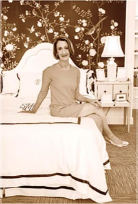
Sara-Peyton McCormick the current owner and manager of McCalls, who bought it in 2014 (Photo courtesy of mccallsreynoldavillage.com)
The clothing market has shifted significantly throughout the years. It has changed from shopping in small boutiques to online shopping from mass outlets.
“Probably the biggest thing that has changed is online sales through social media. We sell a lot of our children’s clothes over Instagram and ship all over the country,” McCormick said.
This technique is certainly different from how the McCall store was run in the 1920s. McCormick adds, “They may have had customers in Charlotte, Greensboro or Raleigh, but certainly not across the country. We ship to Texas and California everyday.”
Ms. McCormick has done everything in her power to keep the charm and legacy of the McCall store alive while molding it to modern society.
“We’ve had to keep up with the rest of the world in that sense, but I like to think that the atmosphere is still fairly similar. We still have some little old lady things in here” McCormick chuckles and smiles down at her hands. “That’s what makes McCalls special.”



